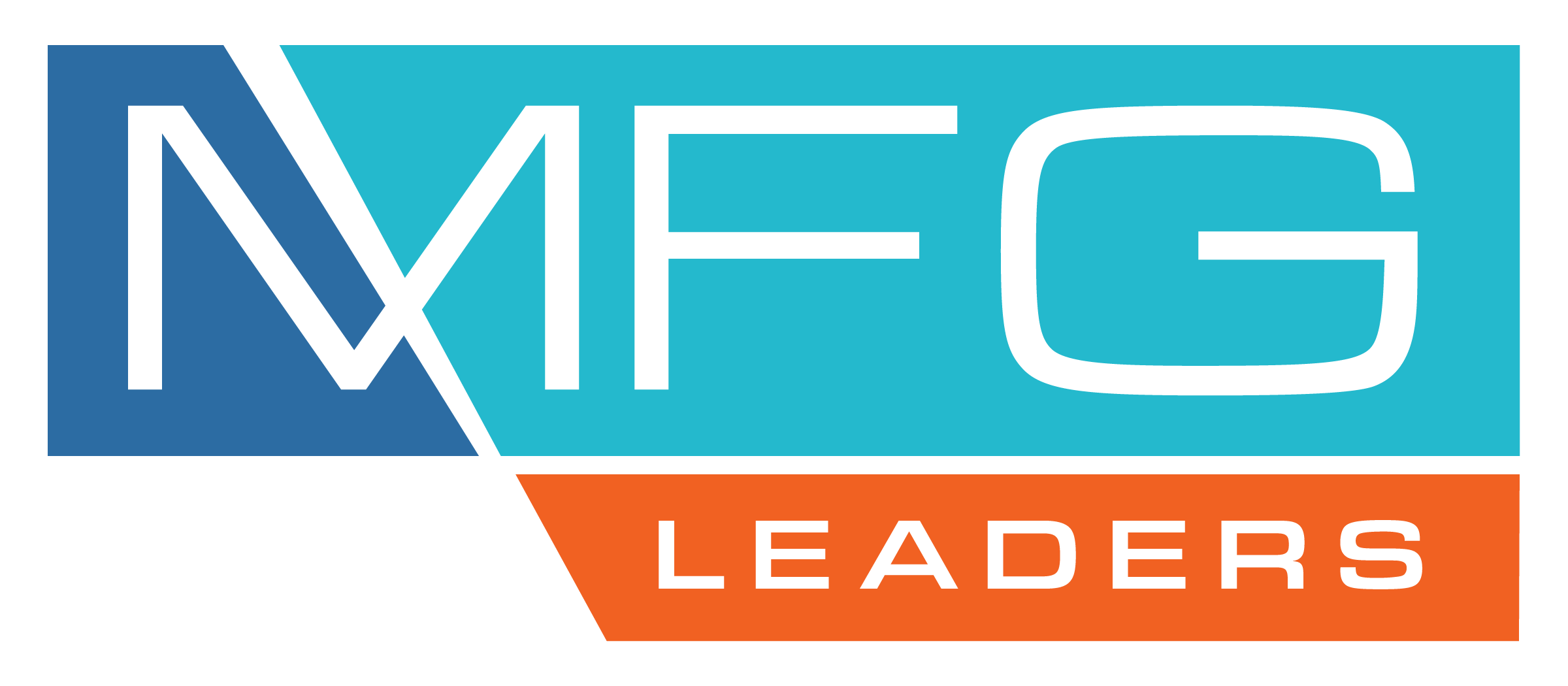Article 1 of 5

Introduction
The U.S. manufacturing industry has transformed over the last decade. Innovations such as smart factories (2011), additive manufacturing (2006), and AI-driven processes have moved from emerging trends to essential elements driving manufacturing industry growth. Electric vehicle (EV) manufacturing, spurred by sustainable transportation demands and renewable energy technologies like solar panels and batteries, has created new manufacturing opportunities across the U.S.
These advancements reflect a broader shift toward digital transformation and sustainability. Companies adopting IoT-powered smart factories and data analytics are achieving greater efficiency and agility, underscoring the need for executives to enhance their marketability to stay relevant continuously.
The digital transformation has significantly altered executive roles in manufacturing, presenting both opportunities and challenges. As companies integrate advanced technologies like AI, IoT, and automation, executives are expected to lead in traditional areas while driving innovation and strategic agility. This expanded leadership skill set makes it essential for executives to enhance their marketability continually. Navigating technological advancements, driving change, and leading people have become critical components of long-term career success, positioning marketability as crucial for executives aiming to stay competitive.
Section 1: Defining Executive Marketability
What is Executive Marketability?
Executive marketability is the unique combination of skills, experience, reputation, and networking that makes a manufacturing executive attractive to current and potential employers. It goes beyond excelling in a current role, including the ability to lead in various contexts, adapt to challenges, lead a successful leadership team, and drive innovation. Key elements include a proven track record, strong professional relationships, and continuous learning aligned with industry trends.
Traditional career paths emphasizing longevity may no longer suffice in today's rapidly changing manufacturing environments. Executives must be agile, versatile, and forward-thinking, capable of navigating technological advancements and global shifts. Failing to cultivate marketability can lead to stagnation, limiting growth opportunities. Thus, executives must focus on marketability to remain competitive and influential.
Historically, manufacturing executives have prioritized operational excellence, often neglecting personal marketability. While excelling in areas like process optimization, cost efficiency, and quality control, many leaders overlook broader career strategies like networking, leadership presence, and continuous learning. Cultivating entrepreneurial skills—identifying new possibilities and implementing ideas in your team has become increasingly essential.
As the industry demands more innovation, adaptability, and strategic leadership, marketability has become as crucial as technical expertise. Executives who balance operational excellence with a robust marketable presence are better positioned to lead organizations through change and seize new opportunities.
The Indispensability Trap
The "Indispensability Trap" occurs when an executive becomes so critical to a specific role that it limits broader career opportunities. Being indispensable might seem advantageous, but it can lead to stagnation as the executive is perceived as irreplaceable and not considered for promotions or new opportunities. This trap reduces overall marketability as skills become overly specialized and less transferable.
Executives should focus on continuous learning and skill diversification to avoid this trap and ensure their people leadership expertise remains relevant. By leading cross-functional projects and embracing new challenges, they enhance their marketability, positioning themselves as versatile leaders attractive to a broader range of potential employers.
Section 2: Why Marketability Matters More Than Ever
The Competitive Executive Landscape
Competition for top executive roles has never been more intense, especially in areas requiring digital transformation and sustainability expertise. Companies seek leaders who can navigate technological changes and drive sustainable practices, demanding technical proficiency, strategic vision, and the ability to lead people through significant transitions.
In this environment, differentiation through marketability is crucial. Executives who invest in expanding their skill sets, engaging in thought leadership, and cultivating a solid network are better positioned to stand out. They demonstrate adaptability and forward-thinking, essential for securing sought-after leadership positions. Those who rely solely on past accomplishments may need help to compete, underscoring the importance of actively enhancing marketability for long-term career success.
Adapting to New Industry Demands
In today’s manufacturing industry, executives must do more than manage operations—they must lead innovation, engage in strategic thinking, and manage technology and people change effectively. The rapid pace of technological advancement, sustainability, and digital transformation means adaptability is more critical than ever.
This adaptability is directly linked to enhancing one’s marketability. By staying ahead of industry trends and continuously developing new skills, executives increase their appeal to employers. Marketability today is about being proactive—not just navigating change but harnessing it to create new opportunities. This way, adaptability becomes vital to an executive's marketability, ensuring competitiveness in a rapidly evolving manufacturing industry.
Conclusion: Embracing the Marketability Challenge
Marketability is a dynamic quality that must be actively cultivated. Executives who continuously enhance their skills, expand their networks, and embrace new challenges are better positioned to seize opportunities and drive their organizations forward.
To stay competitive, executives must take proactive steps to enhance their marketability. One strategic tool designed to help achieve this is the Discreet Executive Transitions (DET) model. DET offers a unique career and skill development approach, providing opportunities for exploratory interviews and targeted industry engagement, all while maintaining the highest level of confidentiality. Unlike traditional search models, which can expose executives to unnecessary risk, DET ensures that your career exploration is conducted with strict confidentiality protocols, protecting your identity and current position.
By leveraging DET, executives can build their marketability in the long term, ensuring they remain competitive and ready to tackle the challenges and opportunities of tomorrow.
DET is free to executives, providing an exceptional opportunity to enhance your career without financial commitment and the risk of disclosing to your company, staff, customers, or suppliers. If you engaged in DET today, in just 90 days, you could:
- Expand Your Network: Forge connections with industry leaders through exploratory interviews.
- Sharpen Your Strategic Thinking: Gain insights into industry challenges and innovations.
- Develop New Skills: Identify and pursue competencies aligned with emerging trends.
- Maintain Confidentiality: Protect your identity while exploring new opportunities.
By participating in DET, you could significantly improve your marketability, positioning yourself for greater career success.
